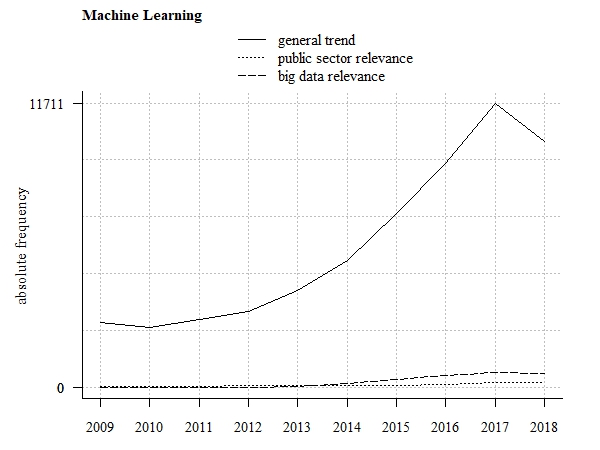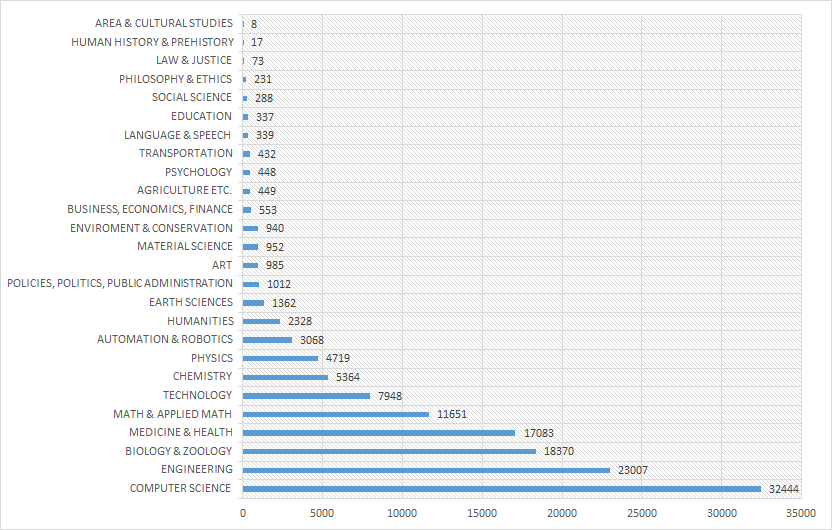Open data - Download the Knowledge base
You are free to download the data of this Knowledge base.
To do this you must be an authenticated user: log in or sign in now.
All the data are licensed as Creative Common CC-BY 4.0.
By now, the most promising application of artificial intelligence is the use of machine learning as a subfield of AI. The Encyclopaedia Britannica states that machine learning is concerned with the implementation of computer software that can learn autonomously. [1]
Expert systems and data mining programs are the most common applications. For instance, a computer program learns and improves its own answers to a question by creating and integrating algorithms from a collection of data. New knowledge is generated through experiences and is not programmed. Among the most common approaches are the use of artificial neural networks (weighted decision paths) and genetic algorithms (symbols “bred” and culled by algorithms to produce successively fitter programs).
Tom M. Mitchell established the more formal definition: "A computer program is said to learn from experience E with respect to some class of tasks T and performance measure P if its performance at tasks in T, as measured by P, improves with experience E." [2]
Since, machine learning is a subfield of the discipline artificial intelligence, the ethical questions that were discussed among this topic are the same.


| Agenda Setting | Policy Design and Analysis | Policy Implementation | Policy Monitoring and Evaluation | |
|---|---|---|---|---|
| Agriculture, Fisheries, Forestry & Foods | ||||
| Economy & Finance | ||||
| Education, Youth, Culture & Sport | ||||
| Employment & Social Security | ||||
| Environment & Energy | ||||
| Health | ||||
| Foreign Affairs and Defence | ||||
| Justice, Legal System & Public Safety | ||||
| Public Affairs | ||||
| Innovation, Science & Technology | ||||
| Urban Planning & Transport | ||||
| Institutional Questions / Internal Affairs |
For instance, machine learning can be used to improve digital public services through automated and self-learning query-reply-systems, automated distrubution of application forms or automated tax return processes.
For policy makers, the decision support is very relevant. Augmented analytic methods leverage machine learning components to improve their techniques. See also the article about predictive analytics.
You are free to download the data of this Knowledge base.
To do this you must be an authenticated user: log in or sign in now.
All the data are licensed as Creative Common CC-BY 4.0.
Maching learning in policy making: Is it currently applied?
What kind of applications can you see in policy making leveraging machine learning?
Can machine learning become an indispensable tool in the hands of policy makers or is it something we will be able to answer in some years from now?